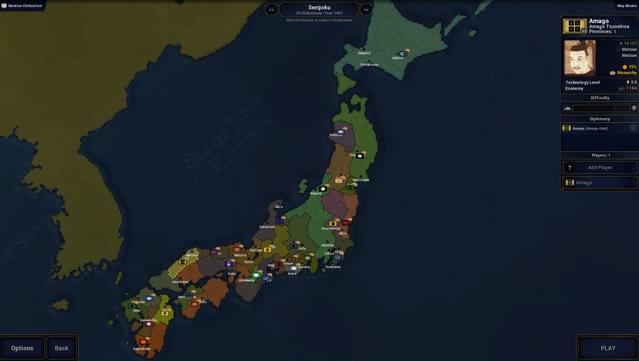

Everything from the dawn of my civilization to the very end is in pursuit of launching a rocket, or conquering the world, or making everyone buy my blue jeans. It no longer feels like I have the freedom to build whatever kind of society I want. This might be good for competitive players, but it takes some of the feeling of "roleplaying history" out of the series. Reynolds can do no wrong with this great sequel, a game by which all others of this genre will be judged.Civ 5 and 6 represent a departure from their forebears by evoking neatly-packaged board games focused on bespoke win conditions that everyone is racing toward.
You either die in obscurity or live long enough to see yourself become the rapacious empire. In a very meaningful way, you're only letting us play as the "bad guys'' of history. It was and is through their suffering that the obscene concentrations of wealth we see in those societies came about and continue to perpetuate themselves. The object of the game is to create When you treat the modern, developed West as the logical endpoint for any successful society, you do a disservice to the victims of colonialism. The game was met with critical and commercial success and is considered by many publications (such as IGN) to be one of the greatest games of all time.

Things simply feel too much like business as usual.Rise and Fall is much the same. I can nuke the shit out of every tile outside my borders and never have to worry as long as I didn't move my units through the green stuff. I'm never forced into endgame resource wars or diplomatic tension by the encroaching sea and climate-related famines. There's no refugee crisis. And it simply makes the game less interesting! I'll admit I'm a bit of a masochist, but I find most strategy games are far more engaging and memorable when I'm thoroughly screwed and having to fight tooth and nail to survive.There are some game settings in Gathering Storm that let you amp up the punishment of ecological disasters, but I still don't think it goes far enough. Similar logic kept it from reintroducing the possibility of nuclear holocaust that previously existed if you dropped too many bombs in older Civ games.For one thing, this majorly downplays the role climate change will play in the coming century.
Victory tastes so much sweeter if the road to it's fraught with devastation and sorrow. It's a few weeks of stormy weather, not a desperate last stand or the final onset of stewing decay.I want the dramatic arc of my people in Civ 7 to feel more impactful, with downturns that are final and unavoidable. And while the Dark Age mechanic pays lip service to this, it rarely gives me the sense that my whole civilization is declining.

The kinds of stories I used to tell myself in my head while playing are now facilitated much better by games that take a less abstract approach to history. Country roads.In a lot of ways, I feel like I've moved on from the Civilization series. The fantasy of building a fictional society is more important than making it very clear what each of my color-coded civic LEGOs does. I want it to look less "game-y" and more like an atlas. The concept of districts itself isn't bad, but I want to be able to look at my civ and feel like I could write a travel guide about it.I want to be able to see the logic in where major population centers sprang up, how suburbs sprawled out from them, where the fertile farming regions are, and where the hills are dotted by small logging towns.
And fortune favors the bold. Sid Meier himself said of designing Civ 1 with Bruce Shelley in 1991: "We were young, and we had no fear." The world is still yours for the taking. Disrupt where you could have chosen to merely iterate. If Firaxis is willing to take some chances and look at how historical strategy has evolved by leaps and bounds since its last couple cracks at the genre, it could make something truly incredible that proves why it held the crown for so long.Be daring where you could be safe.


 0 kommentar(er)
0 kommentar(er)
